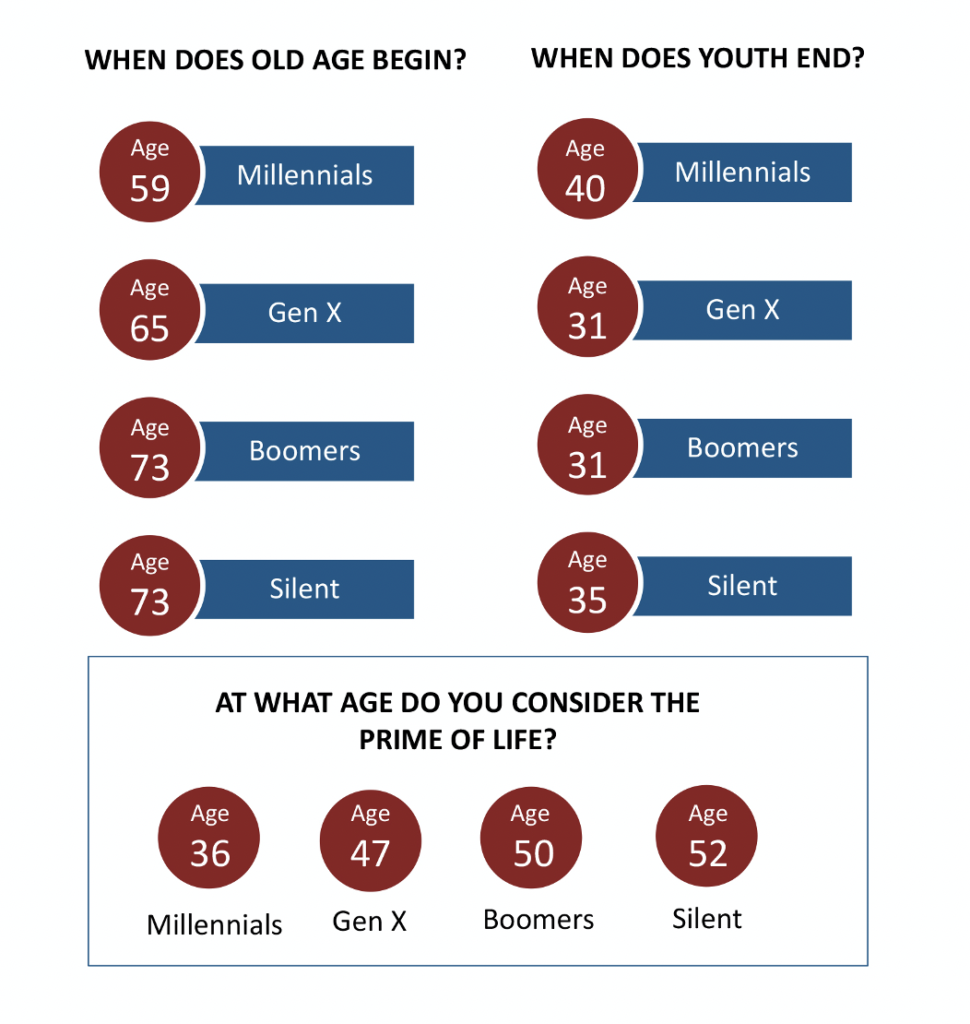In episode 39 of The HR Famous Podcast, longtime HR leaders (and friends) Tim Sackett and Jessica Lee are joined by Cameron Sackett to discuss remote work burnout, proposed remote work privilege tax, and onboarding in a work from home environment.
Listen (click this link if you don’t see the player) and be sure to subscribe, rate, and review (Apple Podcasts) and follow (Spotify)!
Show Highlights:
1:30 – KD is out this week, but Tim and JLee welcome Cameron Sackett, Tim’s son, and our resident Gen-Z expert, onto the pod!
3:20 – First topic of the podcast: The Wall Street Journal published an article recently about burnout due to working remotely.
4:30 – Cam started working at BuzzFeed about two months ago, and he mentions that while he hasn’t hit the full-on burnout that many others have, his company is offering some special offerings to combat burnout, like mental health days, yoga and meditation sessions, and more.
6:30 – JLee is glad that people are trying things to combat burnout, but she worries that the things people are trying aren’t the right answers. She also worries that this emphasis on mental health will dissipate once the pandemic is over.
8:00 – Tim’s Gen-X mentality makes him think that these special perks are a setup to weed out the weak, but he does see his own employees struggling with the types of burnout mentioned in this article.
10:00 – Next topic: Deutsche Bank recently released a study calling for a “privilege tax” which takes a 5% tax from those working from home to support lower-income essential workers who can’t work at home.
11:45 – JLee wants the people at Deutsche Bank to look at their own company first and ask themselves if they would do this within their own corporations before putting out some plan like this.
14:00 – Most people aren’t choosing to work from home and so JLee and Tim think that the responsibility should fall on the corporations to take care of this issue instead of the workforce.
16:40 – Time for the CHRO Move of the Week: The Washington Football Team recently hired Andre Chambers to be their new head of Human Resources. He comes from many different industries such as tech, gaming, and even grocery!
18:00 – Any Wegman’s fans out there? JLee is a big fan.
21:00 – If any pro sports teams want to hire KD or Tim to be their head of HR, they’re ready to go!
24:40 – Last topic of the podcast: onboarding in a pandemic world! Cam onboarded to his current role completely remotely, and he gives us some insight on what the experience was like. He mentions that while the actual onboarding process wasn’t that much different, he has had trouble getting to know his co-workers.
27:00 – JLee asks Cam about the logistics of his onboarding experience. He had good communication from his recruiter and manager in order to have a smooth onboarding process.
29:00 – Cam talks about the struggle he’s had about meeting and getting to know the people on his team since he’s not in person with his co-workers. Tim says that he’s heard of organizations that will force employees to make introduction videos for new hires.
33:00 – JLee asks Cam if he heard anything about the required dress code, and he says that he was given no direction on what the dress code for WFH was.
36:00 – JLee doesn’t know of a company that does onboarding really well and thinks we often do a disservice to new hires because of this.
39:15 – Cam says that the work culture that BuzzFeed is known for doesn’t really come through in a virtual environment, and he doesn’t think he’ll know what it’s like until he starts working in the office.

